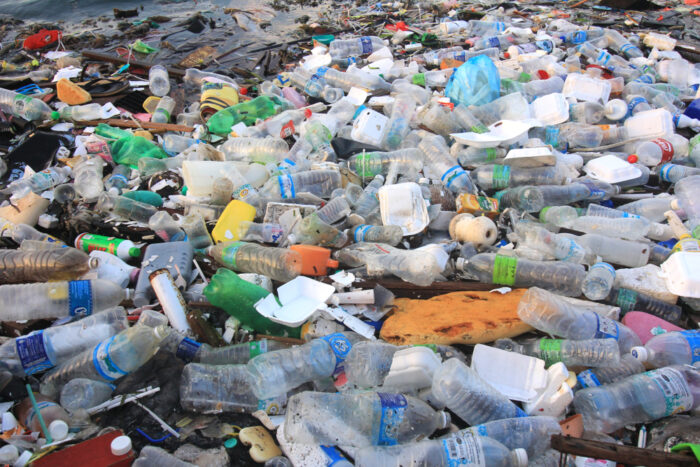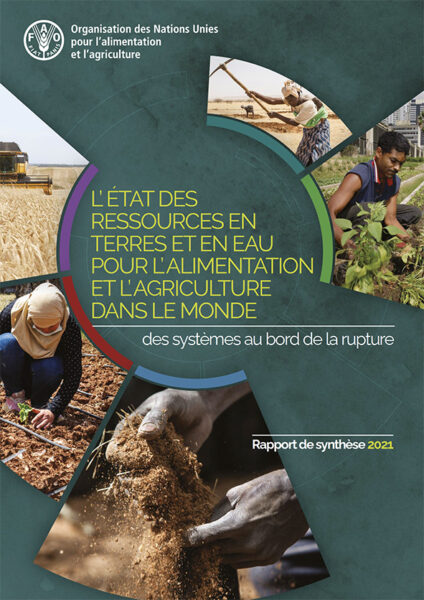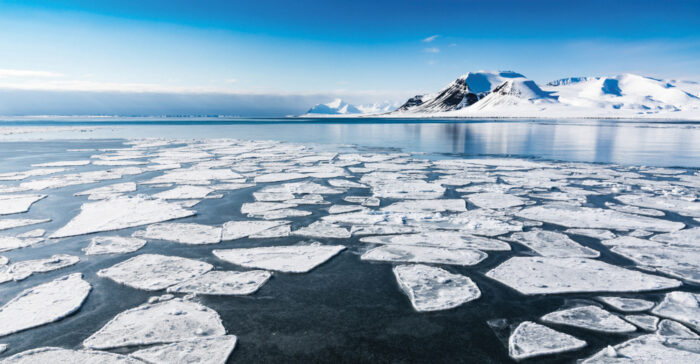From 26 to 28 November 2009, the Ateliers de la Terre organized a conference at Deauville on the theme of “Building a New Equilibrium”, at which the grounds for fear and hope with regard to the Copenhagen Summit were passionately debated.
Bettina Laville, who has been involved for many years in international negotiations on climate and the environment, goes back over that summit, interpreting it in the light of the debates held at Deauville. Echoing the arguments of Brice Lalonde, the French ambassador with responsibility for climate negotiations, she shows the tangible results obtained at Copenhagen. But, apart from the difficulties always encountered by these summits, she also stresses how much the world has changed since the Rio conference of 1992 and how different are the groups of countries that now structure international negotiations.
She stresses, for example, the extent to which we saw at the Copenhagen Summit “a demonstration of power and strength on the part of the new powers,” driven, moreover, by antagonistic concerns, particularly between “the resolve to regard climate change as the number one priority and the desire to promote economic growth.” Far from dissolving into globalization, these groups of countries, rooted in different civilizations, find themselves caught up in new oppositions — particularly with the West.
Consequently, concludes Bettina Laville, the terms and forms of the negotiations have changed radically and new avenues need to be explored between “catastrophism and activism”, in order to implement a concerted strategy for a desirable future. She outlines some of these key avenues here.
Copenhagen: The Melancholia of Lucidity
Cet article fait partie de la revue Futuribles n° 362, avr. 2010



